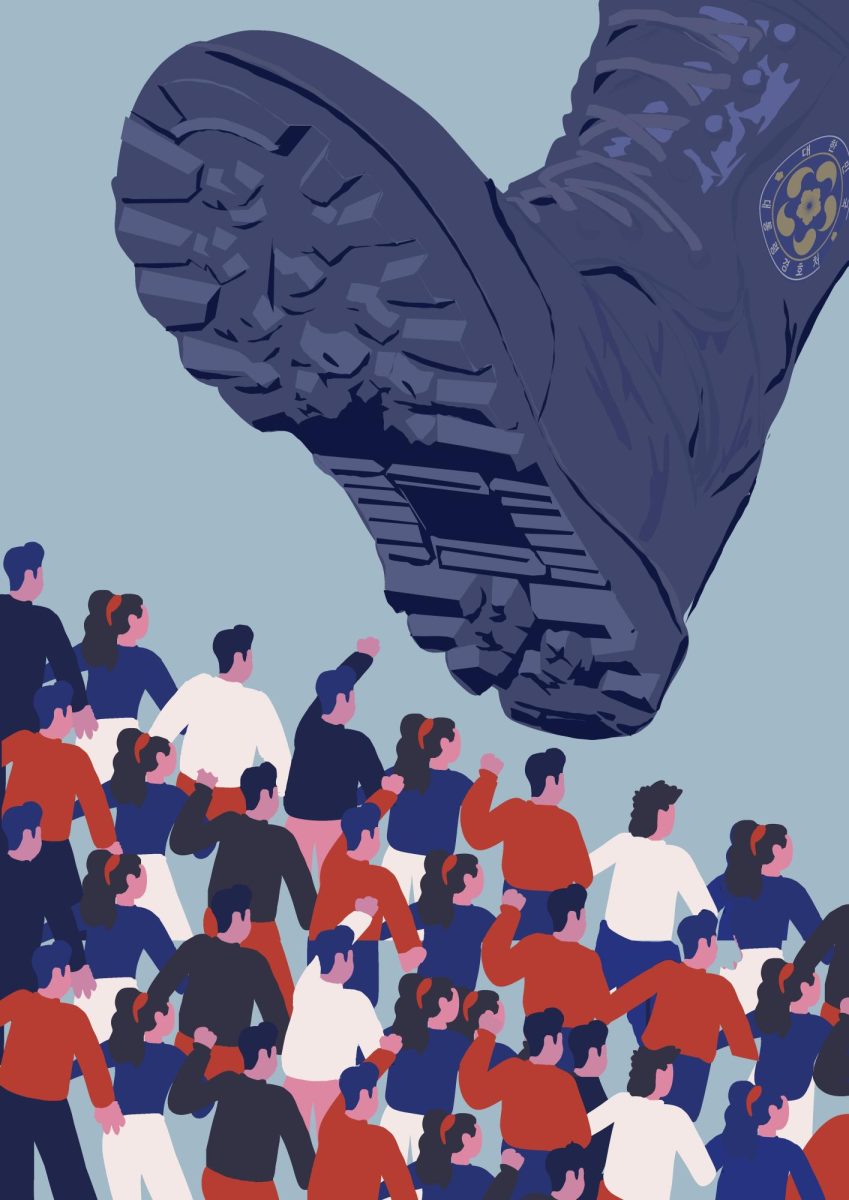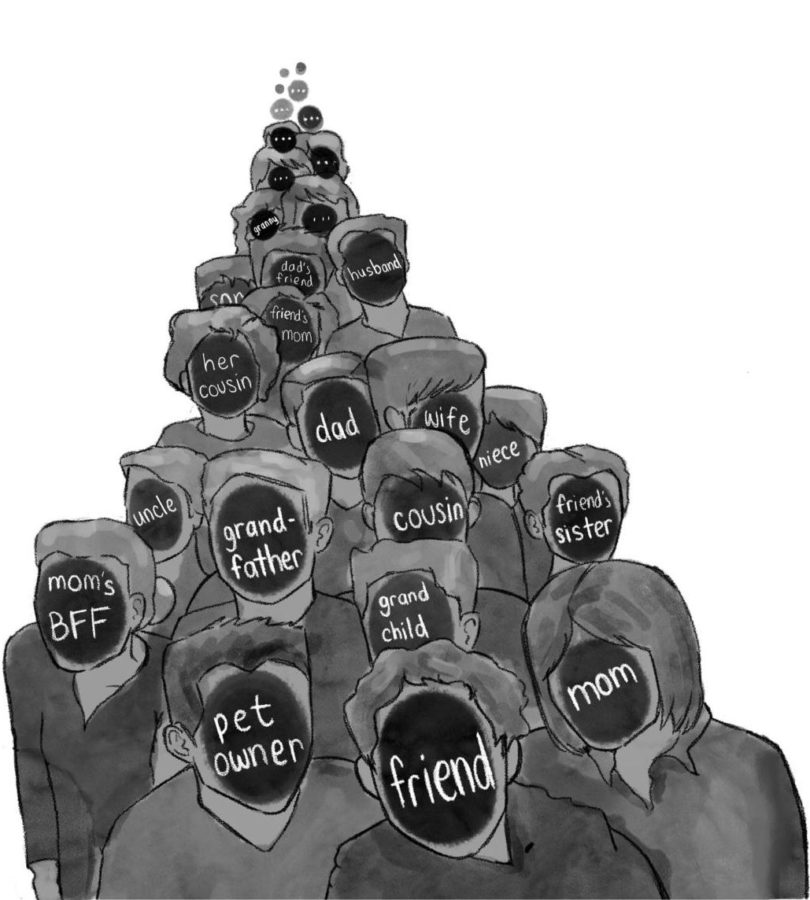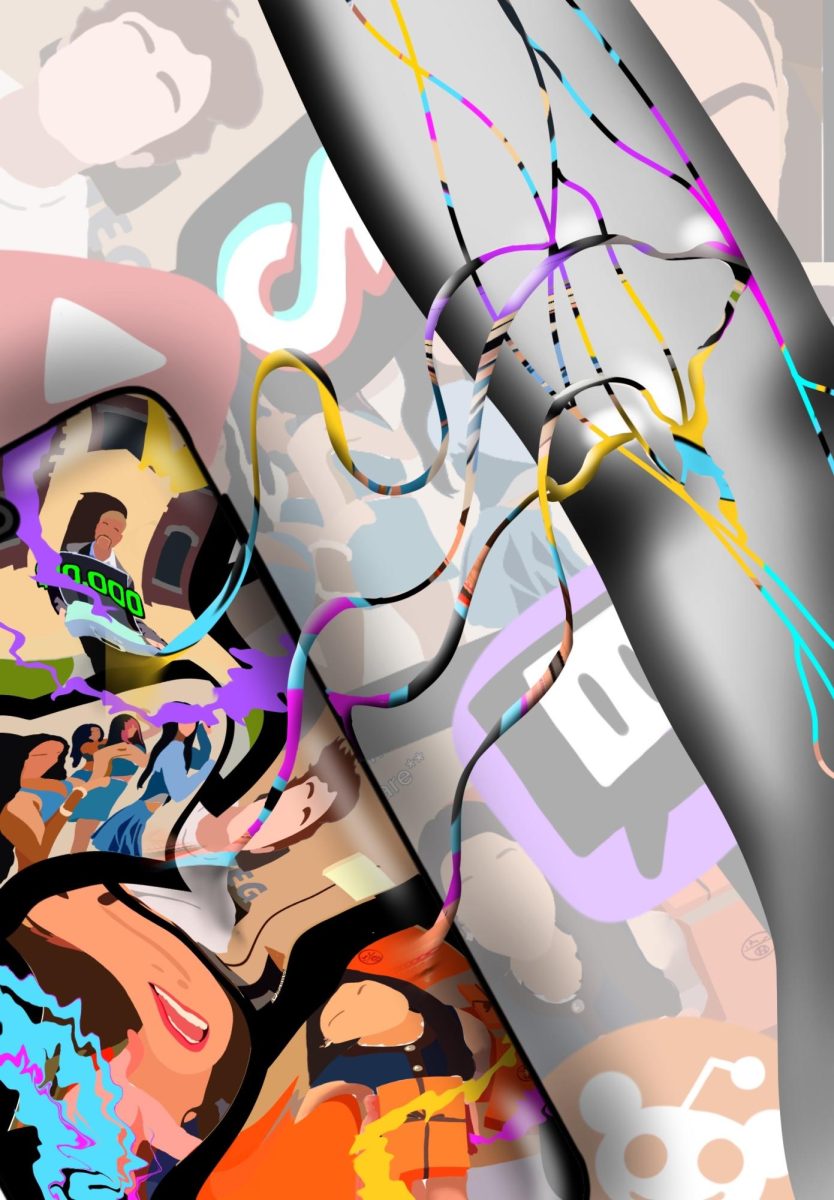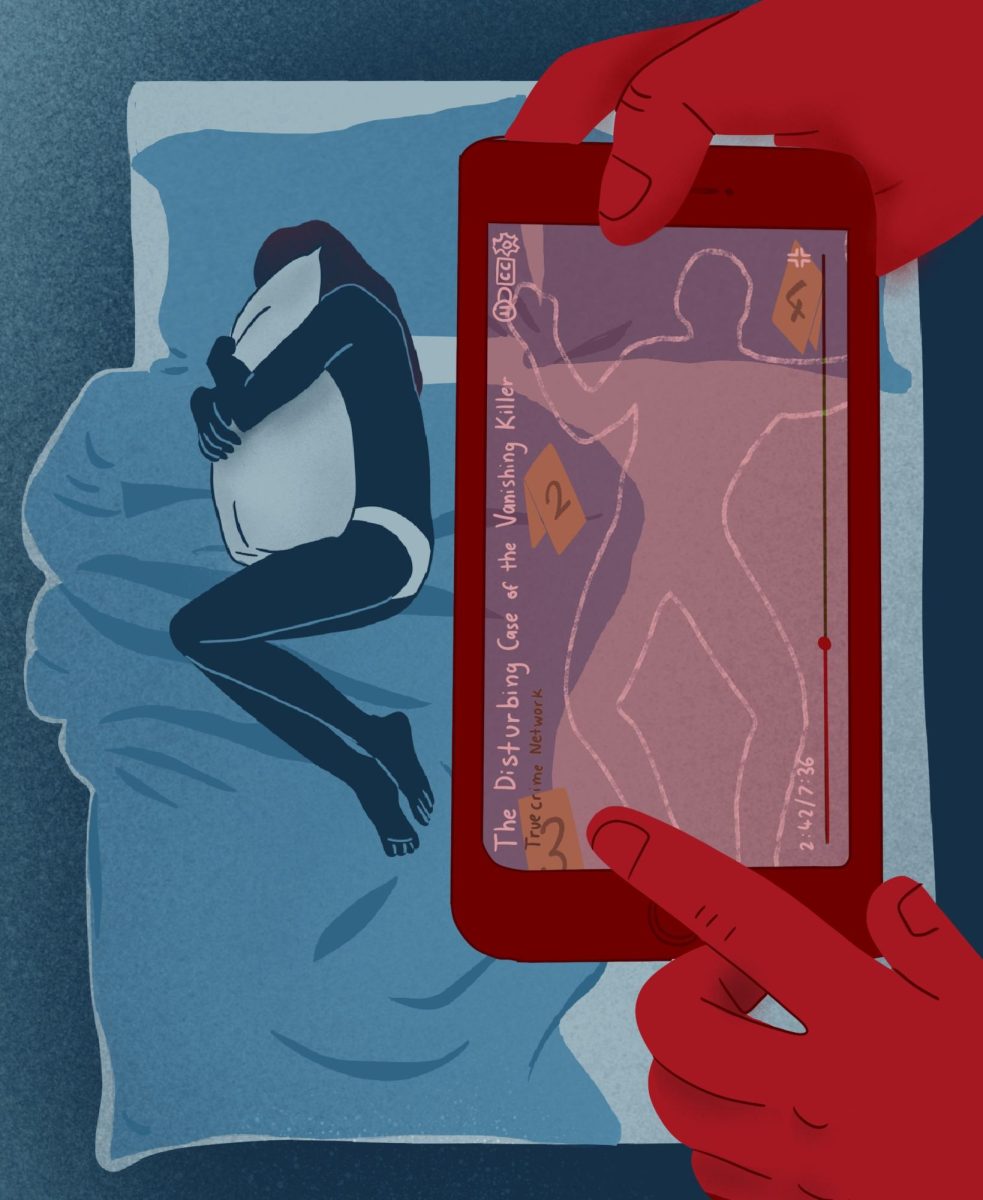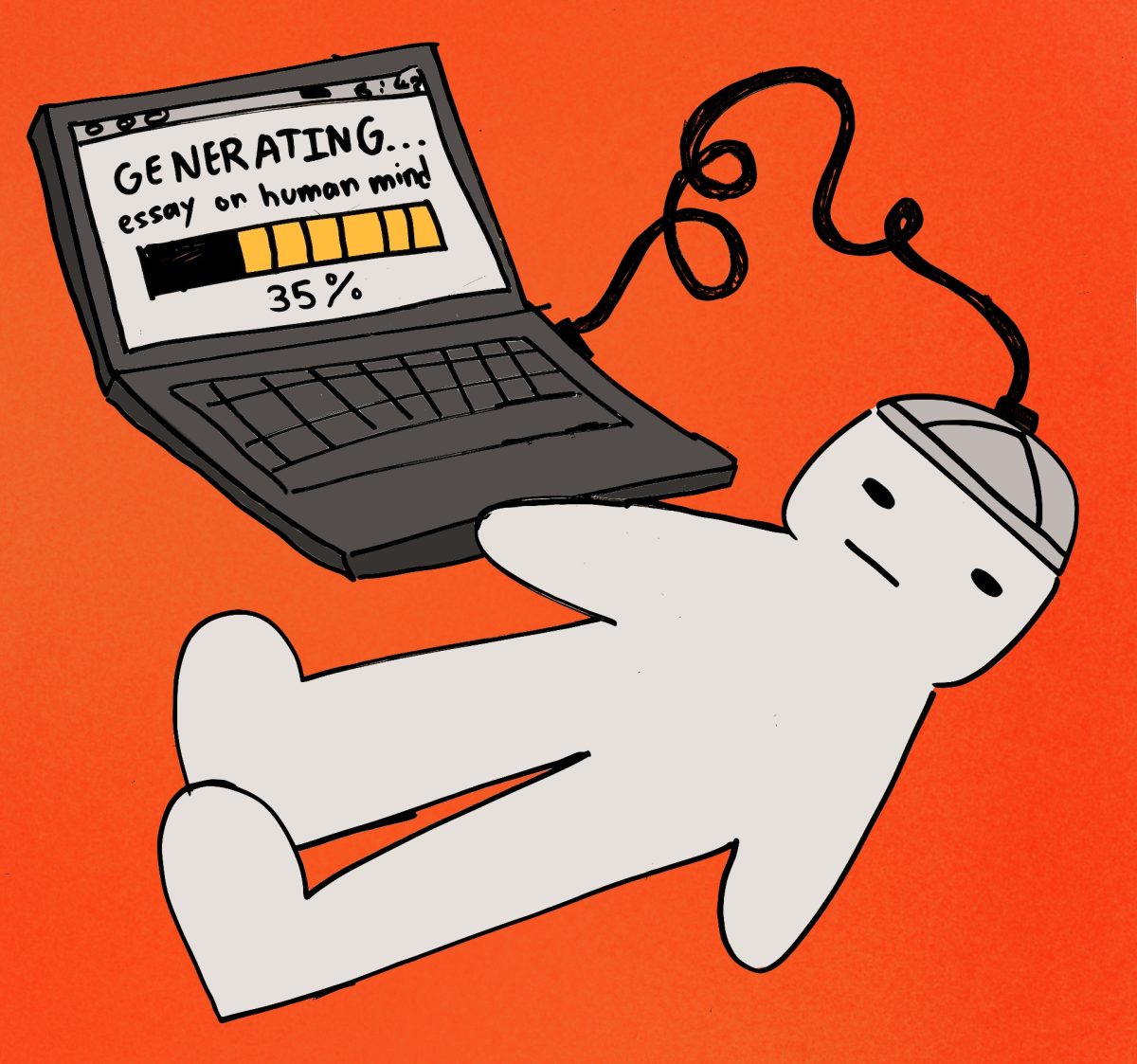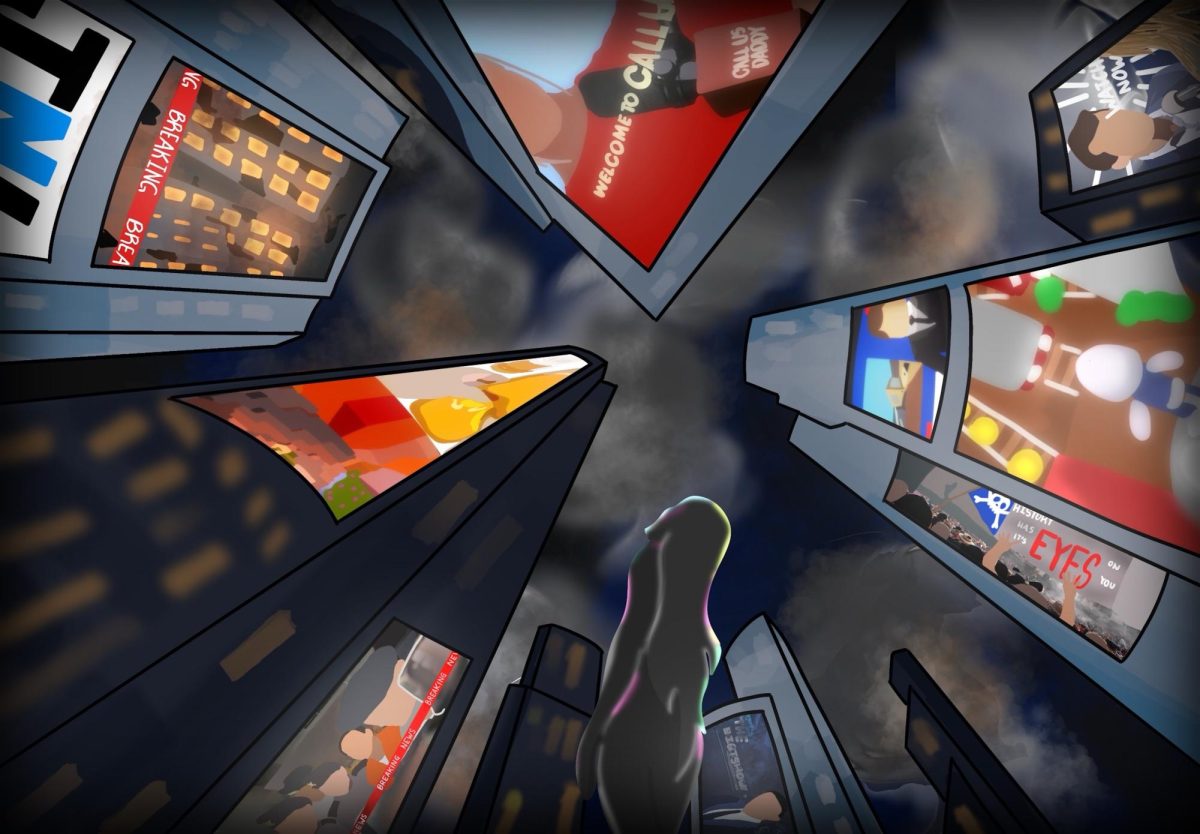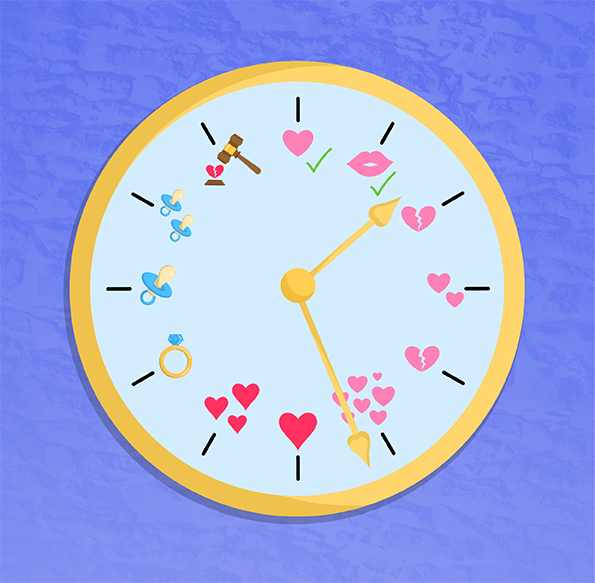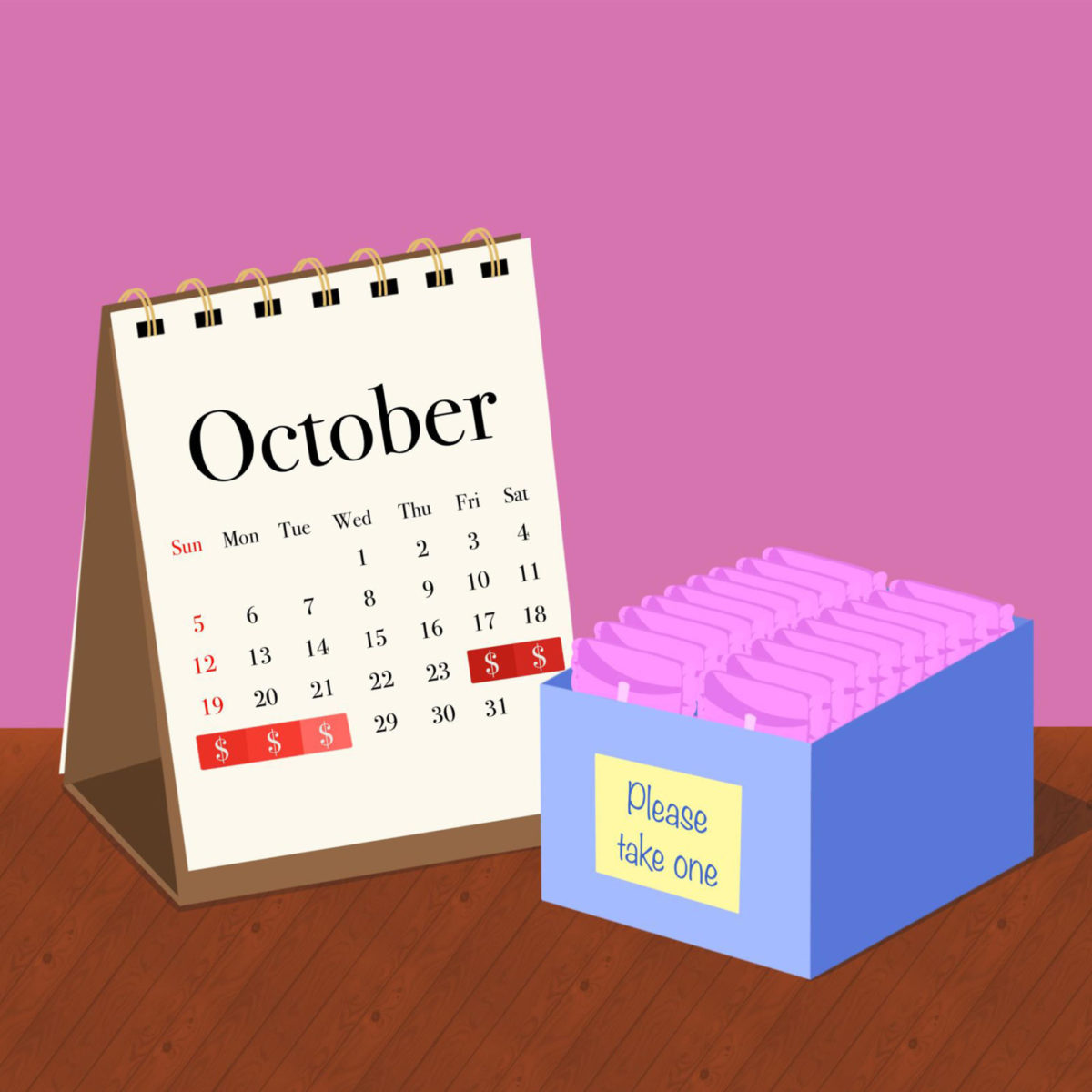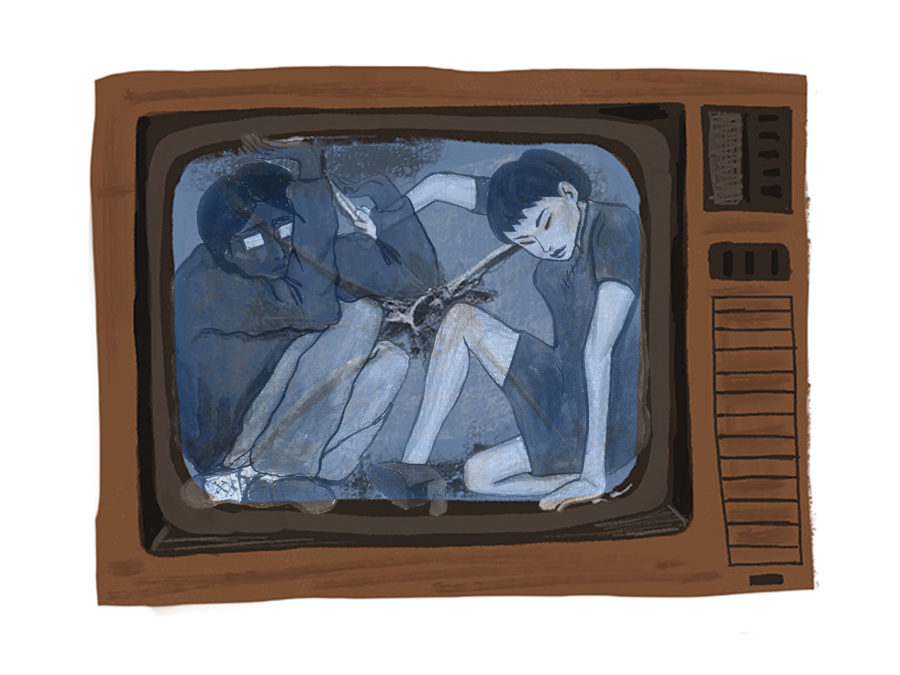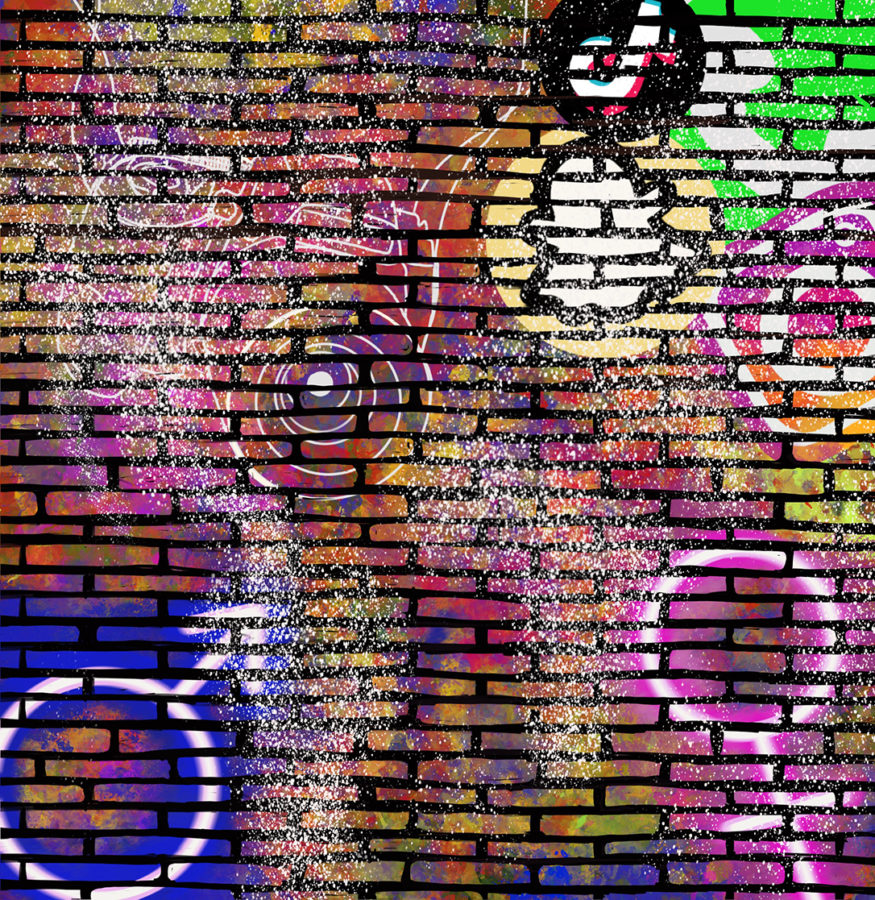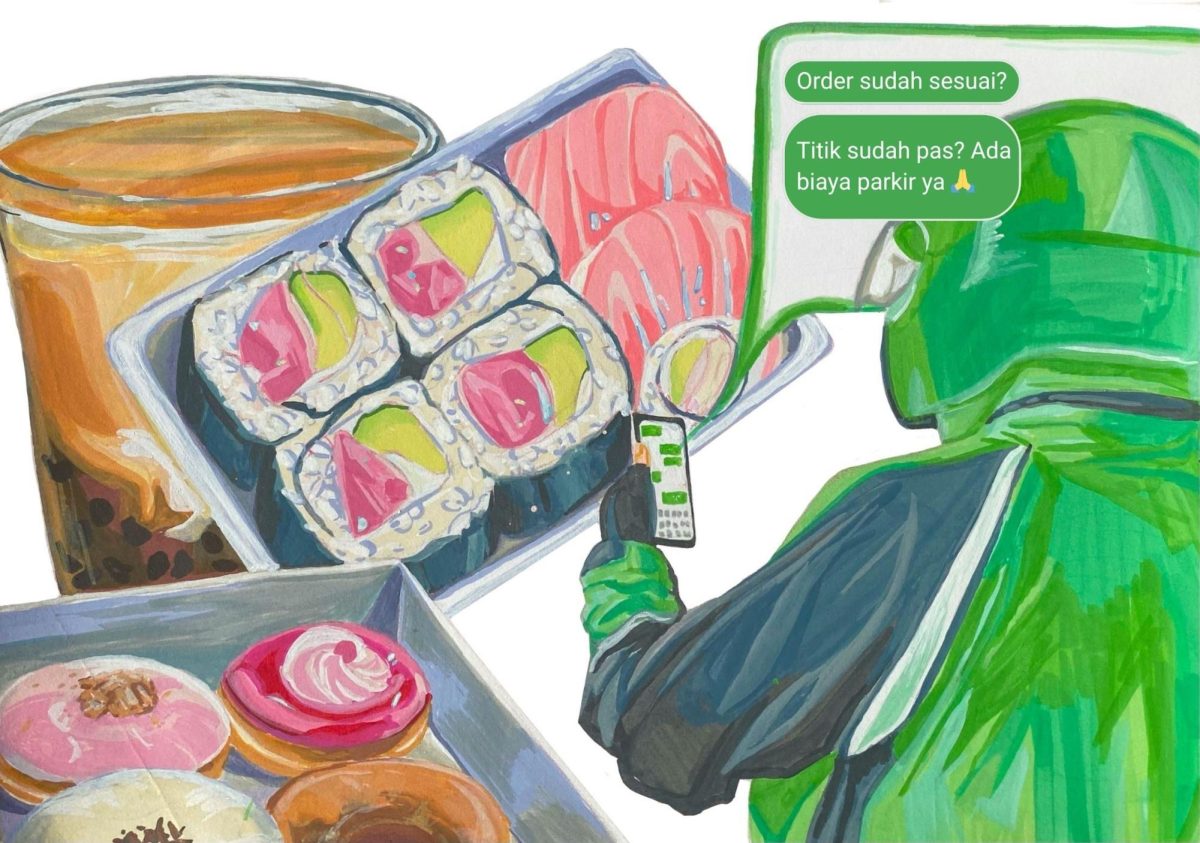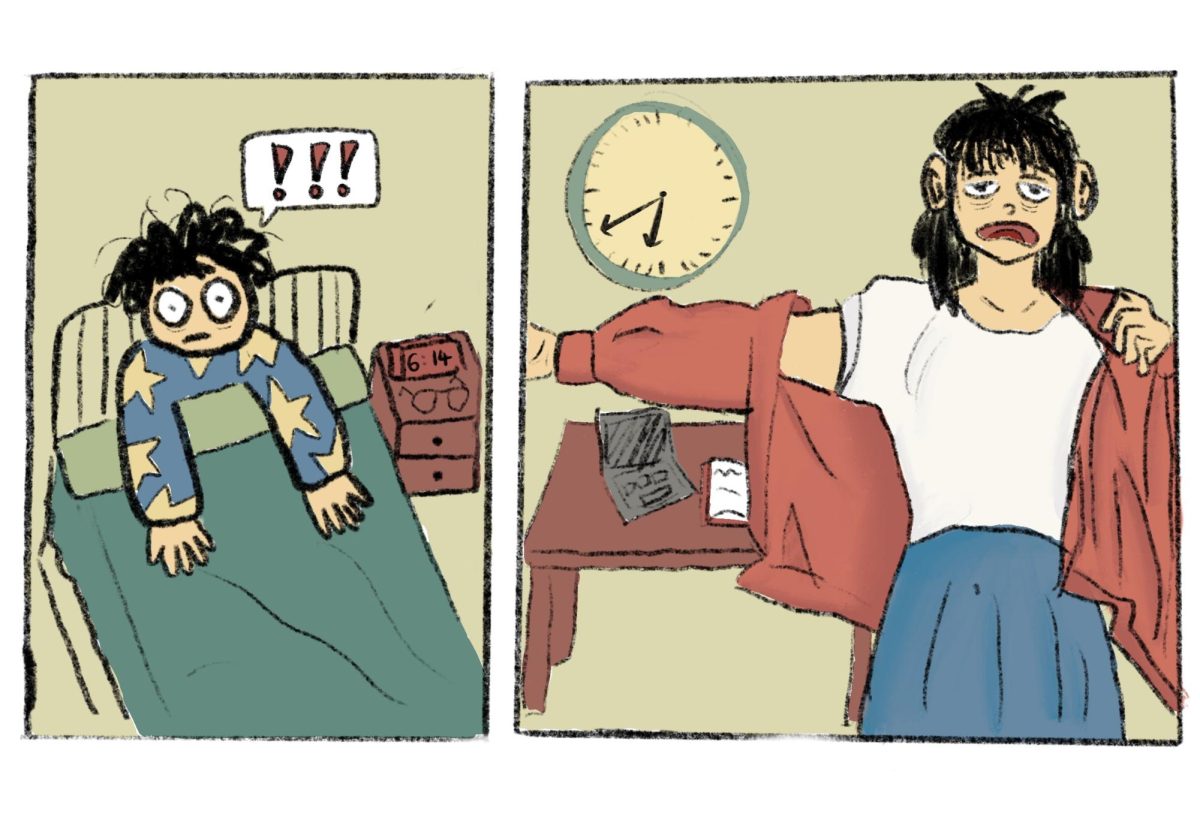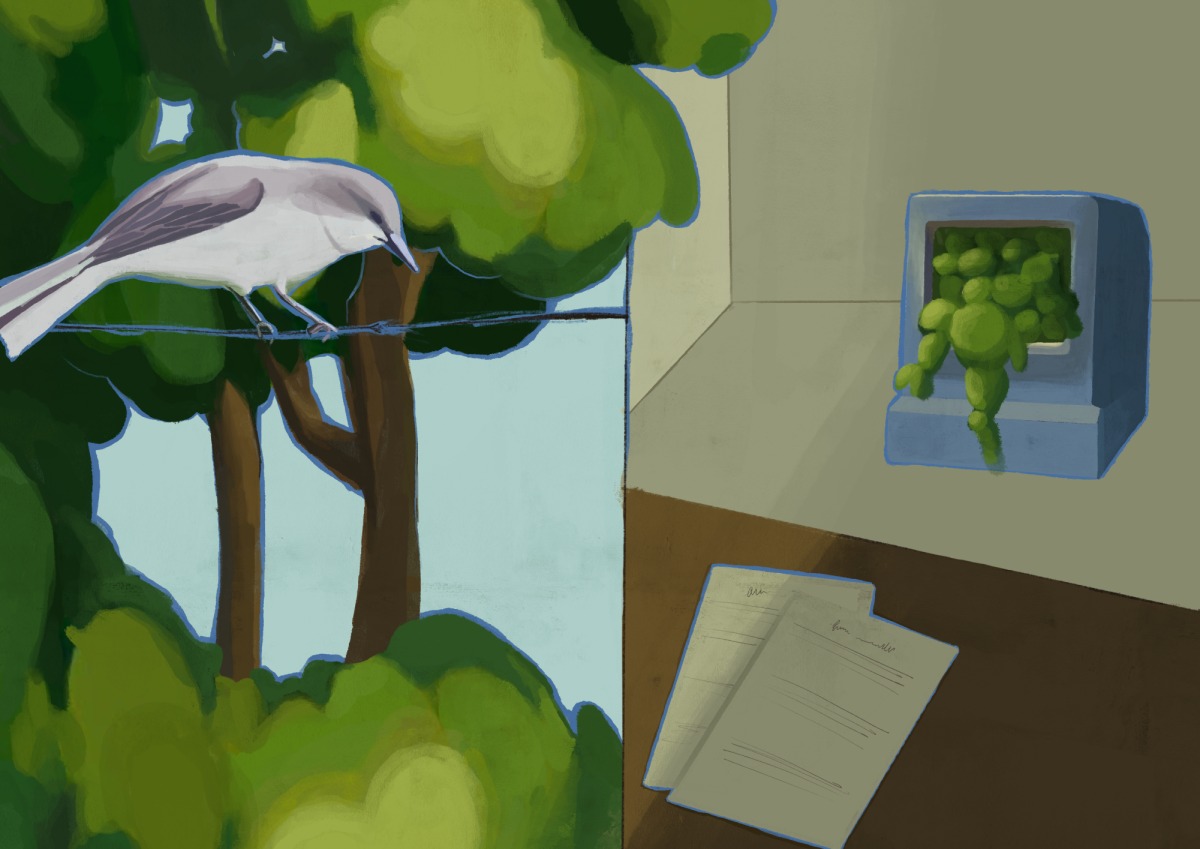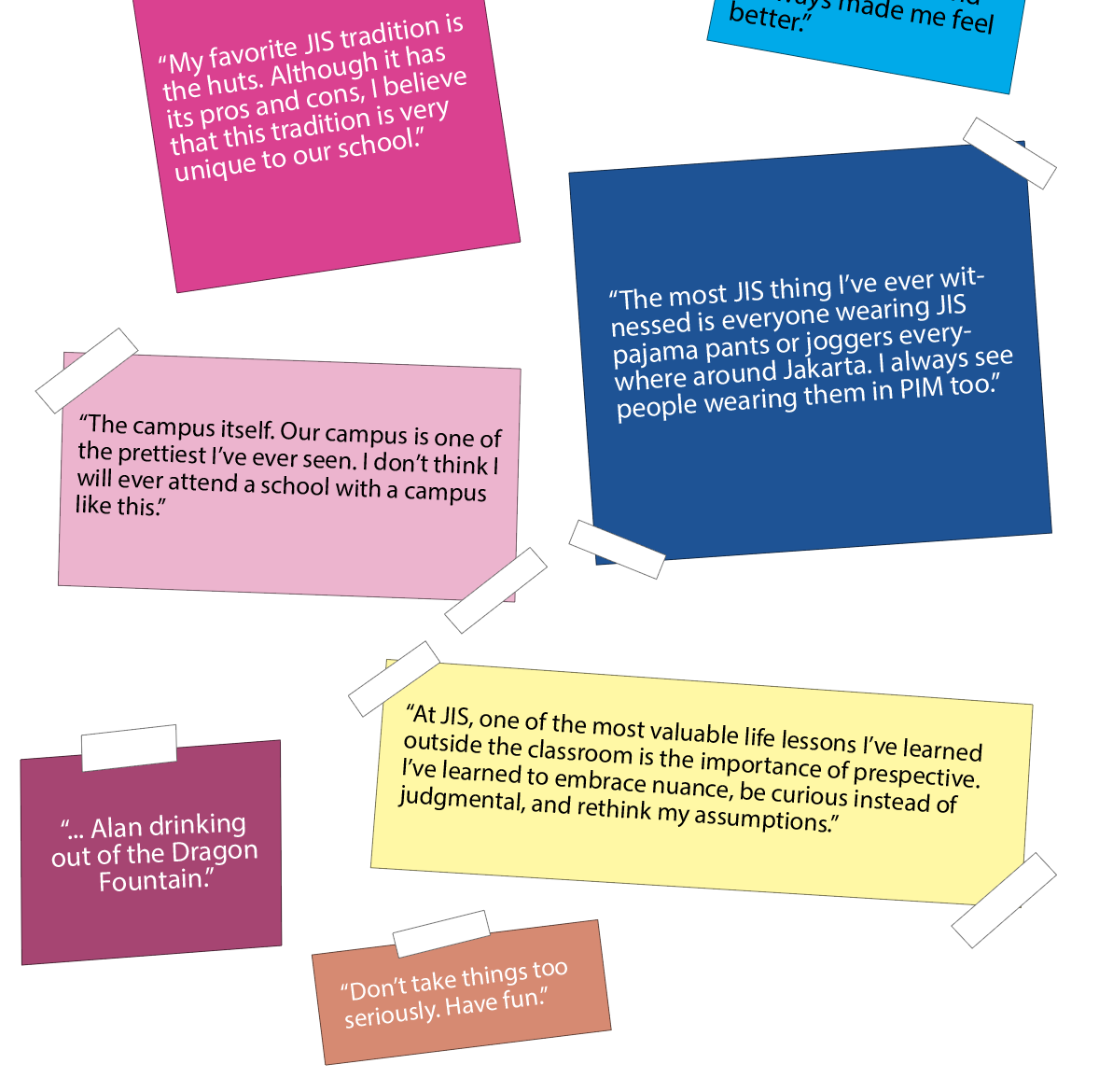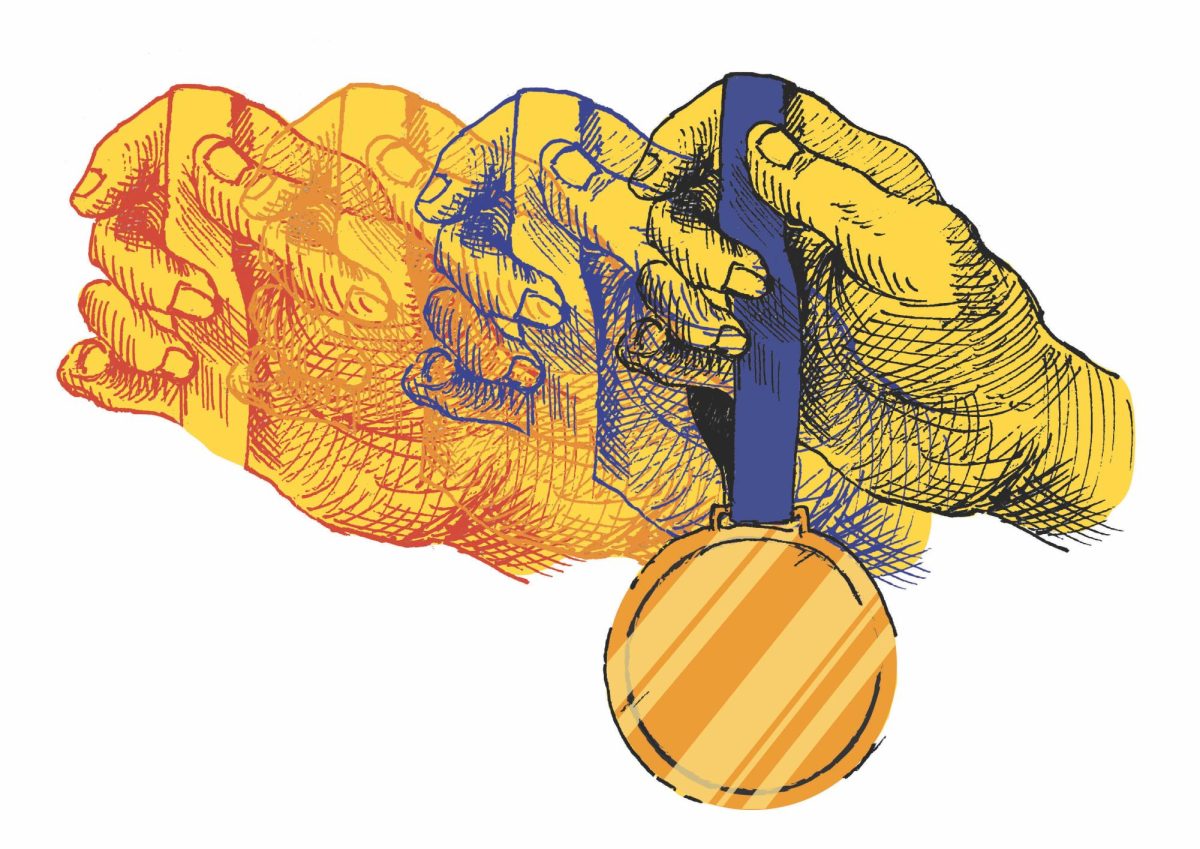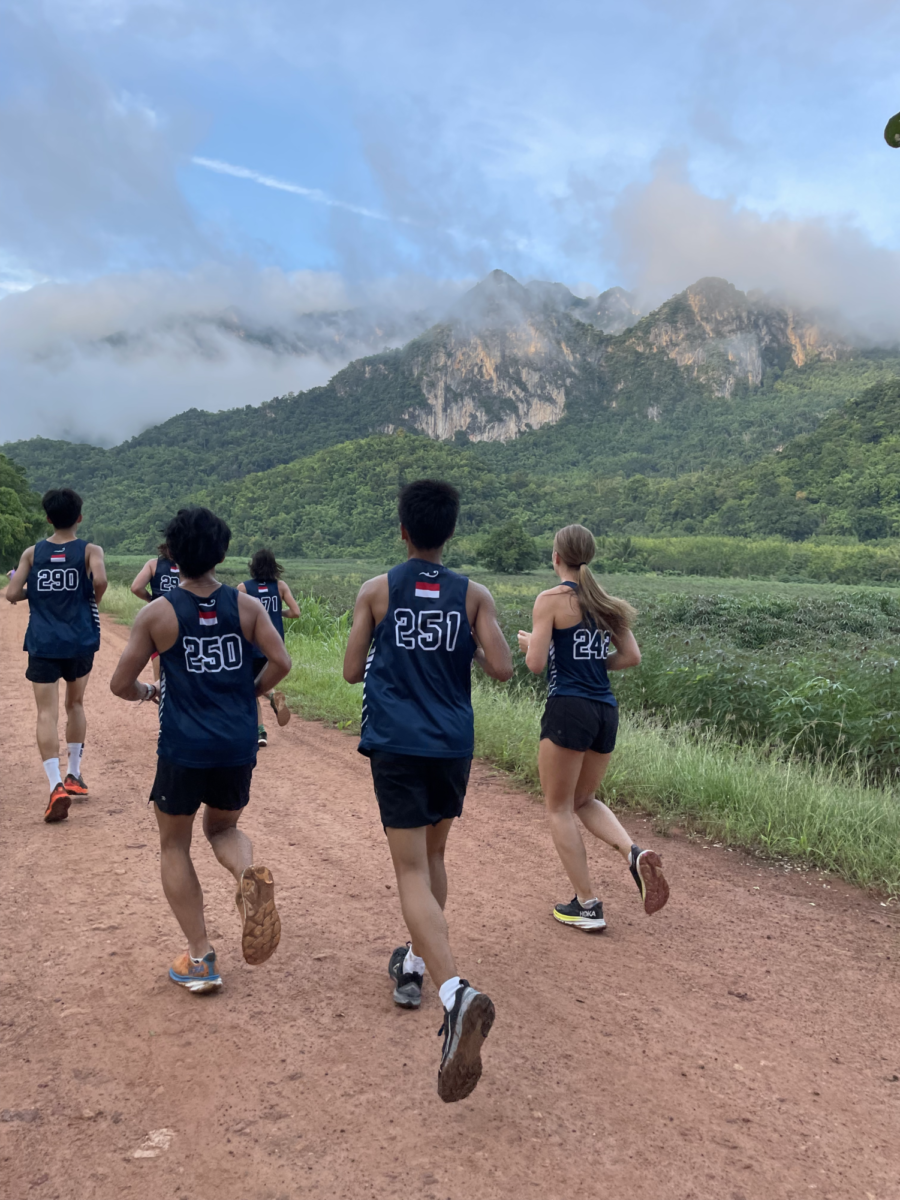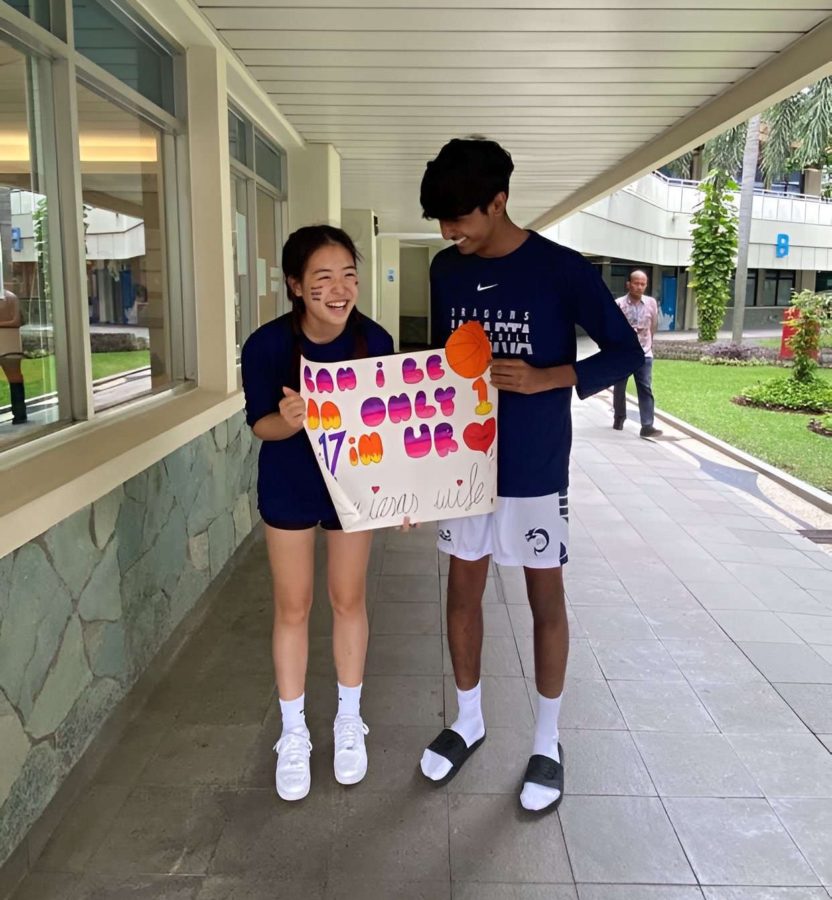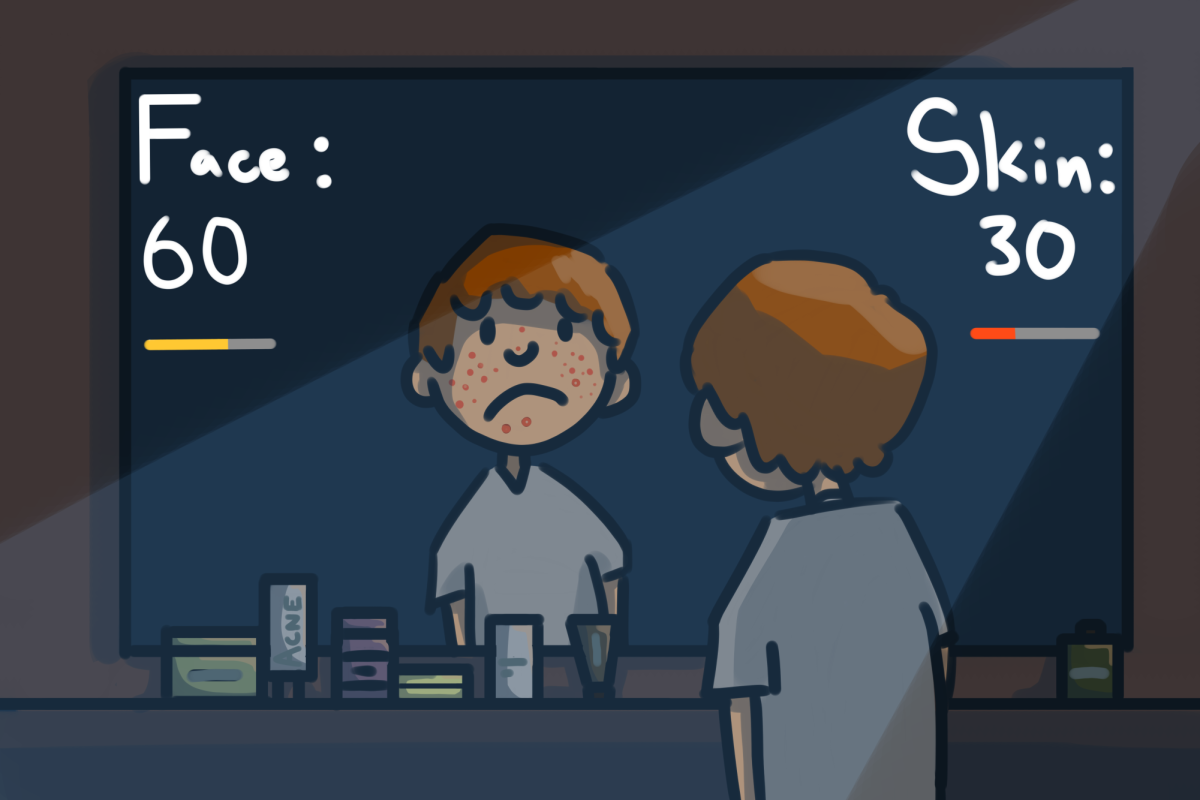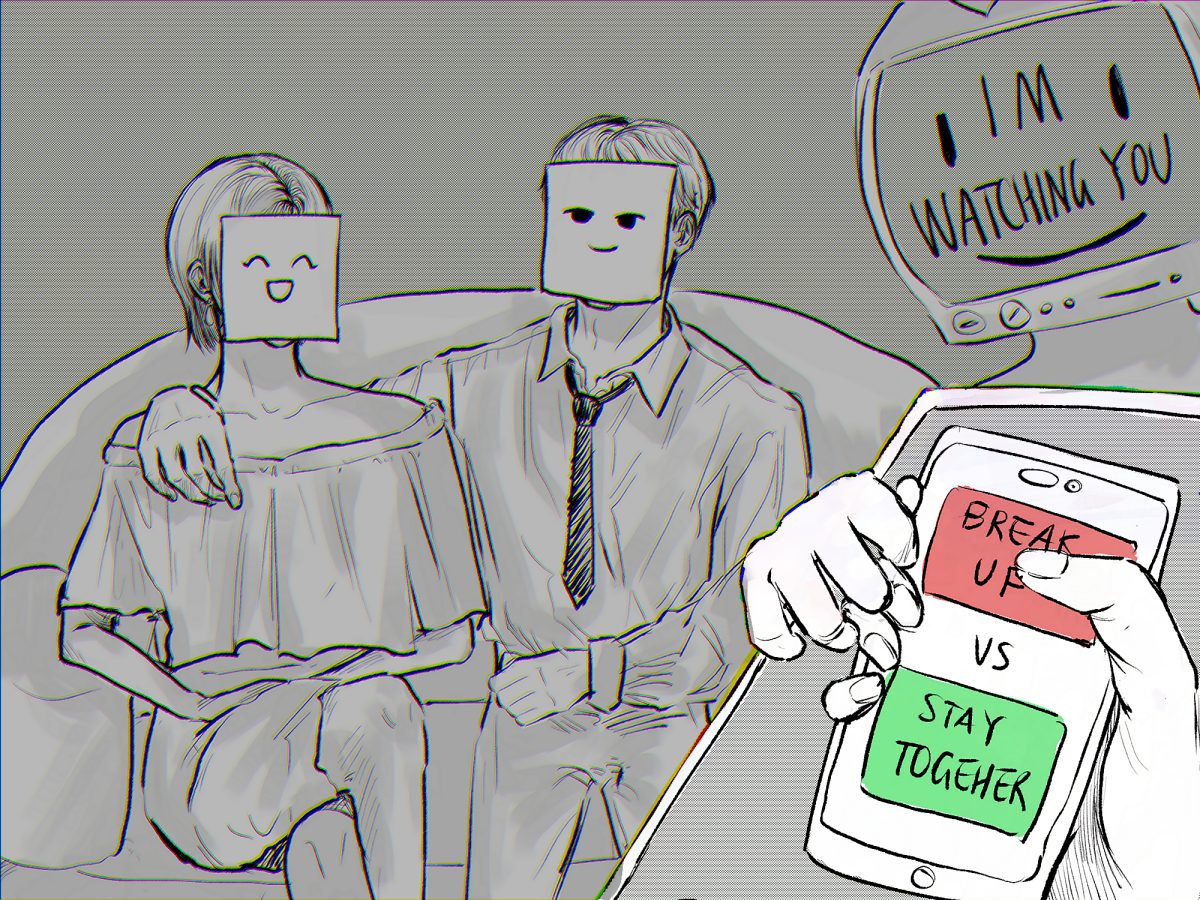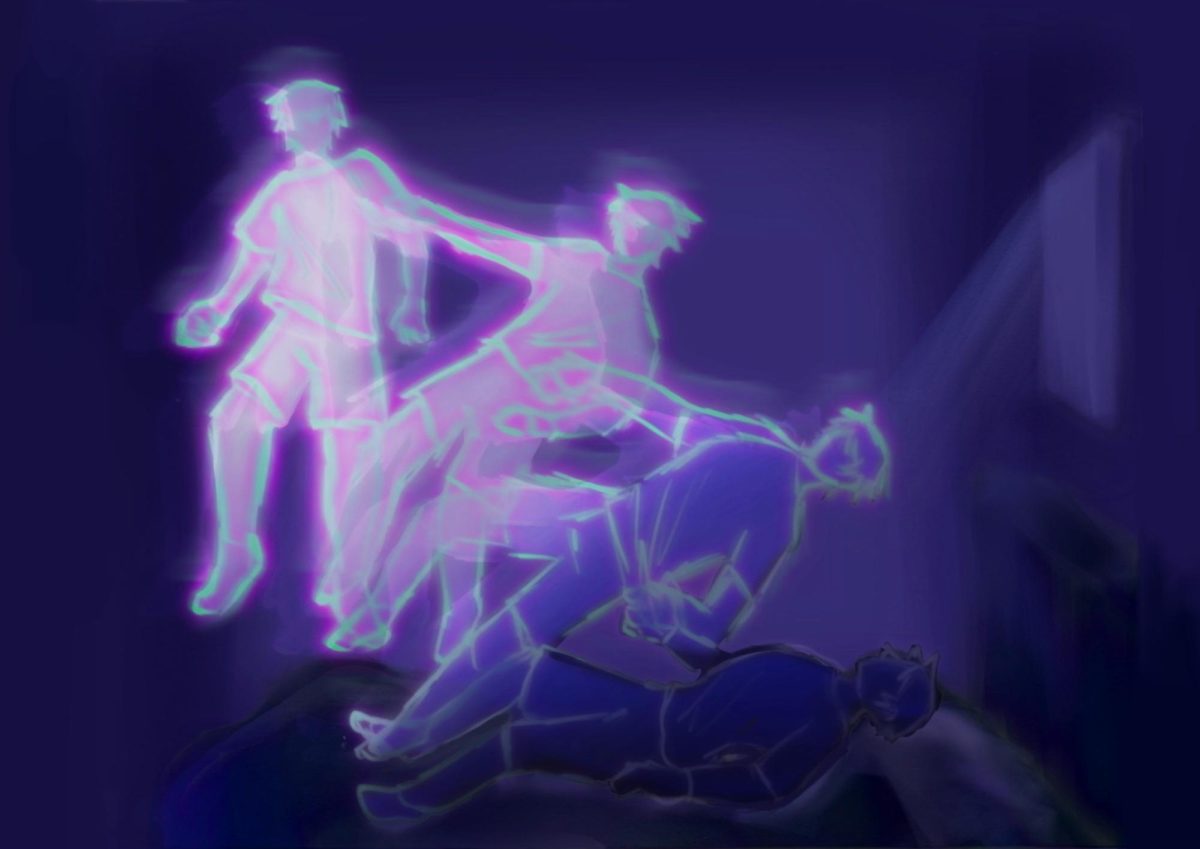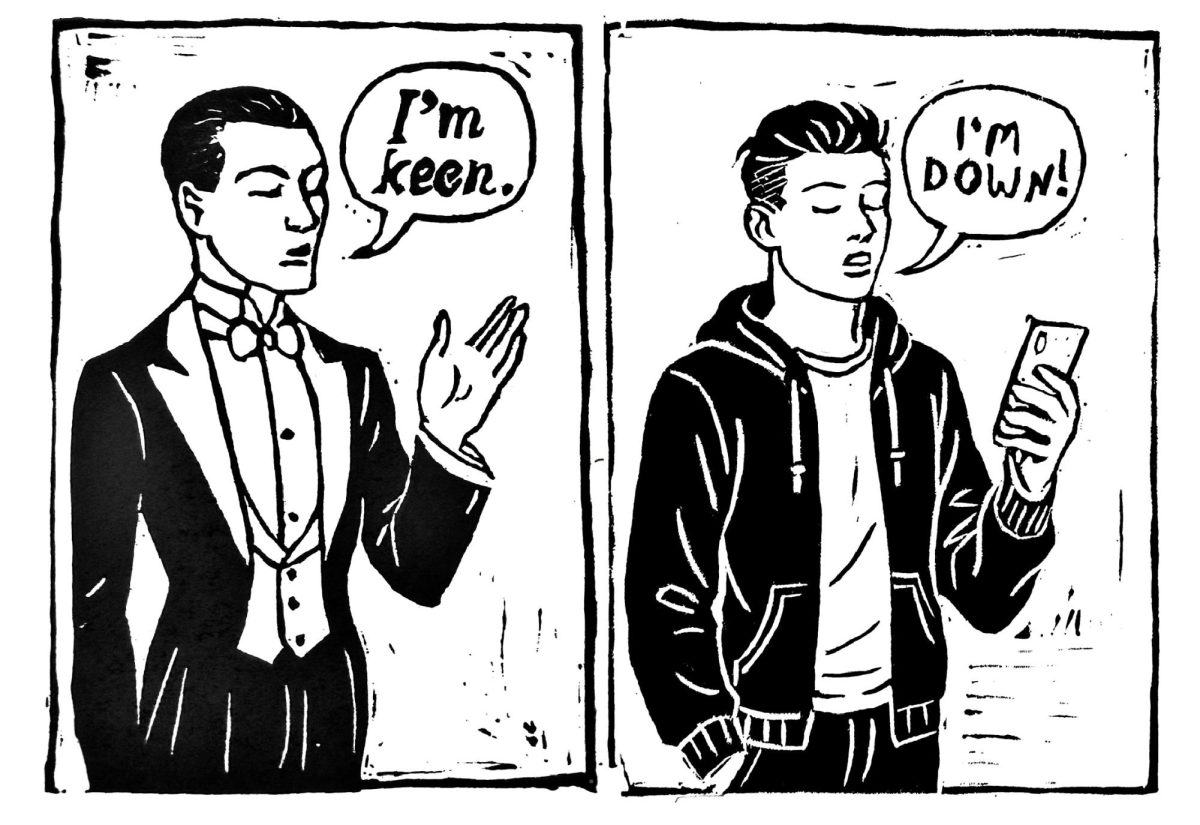As we walk around the high school library, we often catch students with tired expressions and dark circles under their eyes—some studying, others dozing off on sofas. One glance at their pale, exhausted faces reveals a common struggle: sleep deprivation—a serious global issue, particularly experienced among high school students.
Causes
One of the most common causes of high school students’ sleep deprivation is the overwhelming amount of work they are assigned in school and, for some, even in their extracurricular activities. Students stay up cramming for exams, completing homework, and finishing projects, driven by anxiety and fear of falling behind. While this applies to all students, upperclassmen typically suffer more from sleep deprivation as they navigate the rigorous demands of IB and AP programs, college applications, and growing responsibilities.
Another common cause of students’ lack of sleep is their uncontrollable use of electronic devices. Teenagers these days are heavily addicted to their phones and constantly active on social media platforms like Instagram, TikTok, and Snapchat. The nonstop dings from notifications make it almost impossible for them to rest; one message is sent, another is received, and the cycle continues throughout the day and into the night, consequently keeping them awake through the night. Besides just social media, games are another temptation that pulls teenagers away from sleep. The blue light from screens disrupts sleep by interfering with the production of melatonin, a hormone that regulates sleep-wake cycles.
During teenage years, in particular, individuals are prone to sleep deprivation due to the hormonal changes and shifts in the production of melatonin. It is especially during the age of puberty, when the brain begins to produce melatonin later during the night, typically around 11 p.m. or later, which makes it difficult for teenagers to fall asleep early, resulting in an insufficient amount of rest due to the early school schedules.
Effects
A teenager’s lack of sleep can lead to changes in behavior, mood, and performance, affecting not only the individual but also those around them. Sleep deprivation significantly impacts emotional regulation, resulting in mood swings and increased stress.
According to the University of Maryland’s School of Medicine, teenagers who lack sleep have a higher percentage of “experiencing detrimental impact on brain and cognitive development that persists over time.” Those students are more likely to struggle with concentration due to impaired cognitive function, struggle academically, and suffer from anxiety, depression, or even suicidal thoughts.
The Korea Herald reported that South Korea is “among the most sleep-deprived countries in the world,” with South Korean teenagers getting an average of just 7 hours and 18 minutes of sleep per night. Additionally, South Korea has the highest suicide rate among OECD countries, with suicide being a leading cause of death among high school students due to severe academic pressure and sleep deprivation.
Solutions
As high schoolers endure their four intense years of studying, adopting healthy habits can ease the burden of sleep deprivation. Time management—sticking to a schedule, breaking tasks into manageable chunks, and avoiding procrastination—can reduce late-night stress. Limiting caffeine, especially in the evening, prevents sleep disruption.
Lastly, short daytime naps can help restore energy without affecting nighttime sleep. These three simple changes can lead to better sleep, improved performance, and a healthier high-school experience.

